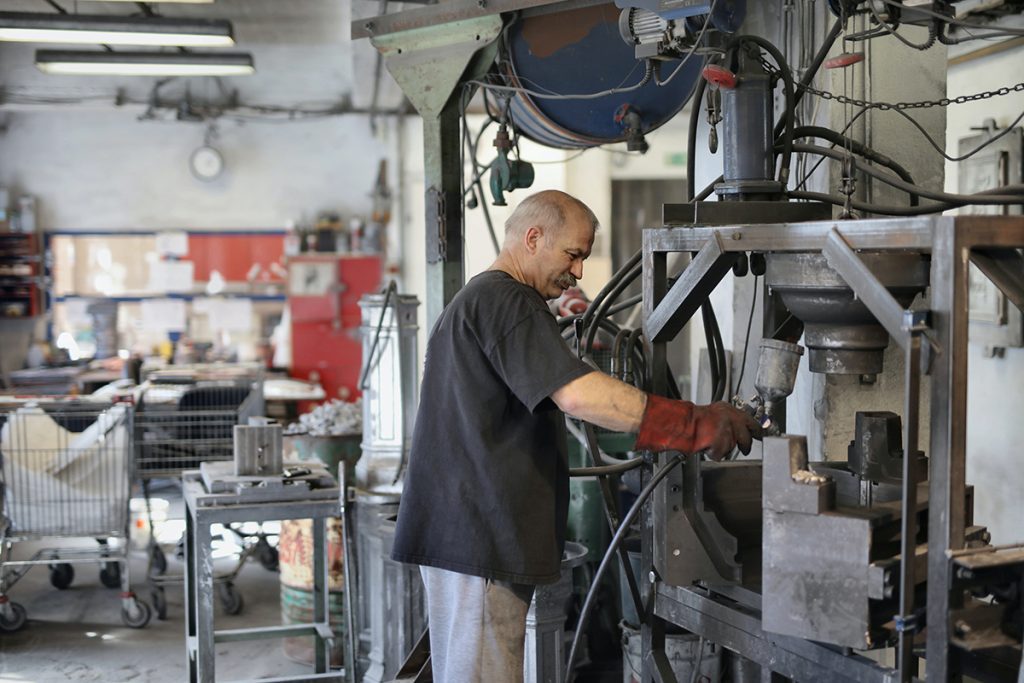
Understanding the Flexural Strength Test
The bend take a look at measures two key parameters:
During the take a look at, a sample is placed on helps, and force is applied either at a unmarried factor (3-point bending) or at two flippantly spaced points (4-point bending). This simulates real-world conditions and affords valuable statistics for designing dependable merchandise.
Adherence to Industry Standards
Flexural testing is carried out according to the world over diagnosed standards to ensure the effects are correct and comparable:
Precise Sample Preparation
Accurate checking out begins with precise pattern instruction. Test specimens are carefully organized to fulfil dimensional and geometric requirements mentioned in ASTM and ISO requirements. Proper education ensures the consequences reflect the fabric’s actual performance, permitting engineers and producers to make informed choices.
Advanced Equipment for Reliable Results
Flexural electricity checking out is based on advanced system designed to use managed forces and measure deformations with precision. Using high-accuracy load cells and deflection sensors, the testing method captures essential records, including the pressure-strain curve. This statistics is vital for evaluating the cloth’s behavior under load and for comparing exclusive substances.
Applications of Flexural Strength Testing
Flexural trying out is crucial throughout multiple industries, such as:
Key Properties Assessed
These houses help engineers and architects choose the right materials for applications requiring electricity and flexibility.
Tailored Testing Solutions
While the check adheres to worldwide requirements, flexural checking out may be custom designed based on unique enterprise needs. This flexibility guarantees that the effects are relevant to the fabric’s meant utility, supplying actionable insights for product improvement and performance optimization.
Driving Innovation through Testing
Flexural electricity checking out no longer simplest guarantees compliance with industry requirements however also enables producers to enhance product designs and material overall performance. By figuring out susceptible points in substances, companies can beautify their product sturdiness, lessen dangers, and increase purchaser satisfaction.
